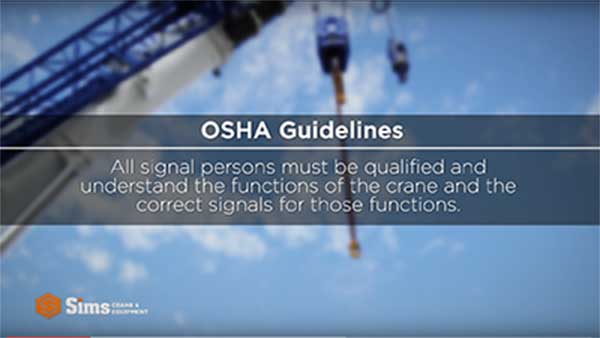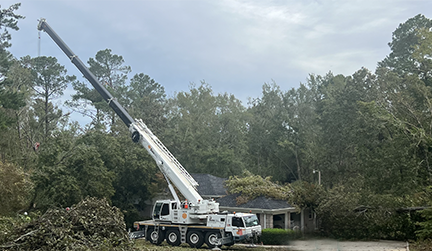
Over half the people in the crane industry are not actually qualified signalpersons. Is it because of lack of knowledge about the requirement? Is it because employers don’t know what a qualified signal person should know? Is it because employers are not sure how to qualify a signal person? These are the questions Bo from Crane Tech asked himself when he noticed over half the employees were not qualified signalpersons.
According to OSHA 1926.1419 a qualified signalperson is required in the following situations:
All of this information can be found right on OSHA’s website. If you ever have any concerns about a jobsite task refer to their website. www.OSHA.gov.
Next question: “Is it because employers don’t know what a qualified signal person should know?” According to OSHA 1926.1428, a signal person must:
Question number three: “Is it because employers are not sure how to qualify a signal person?” This question is even easier to answer. According to OSHA, employers have the responsibility to make sure that employees meet the qualification requirements. There are two ways that an employer can ensure a signal person is qualified:
At the job site the employer is required to make documentation of the qualification available in either paper or electronic form. The documentation must list each specific type of signaling for which the worker is qualified such as hand or radio signals.
If you would like to learn more about proper hand signals refer to this video at our YouTube Channel.
